Author

Vénusia Bertin
FIND – Community and Events Lead FIND
Published on:
September 10, 2025
Reading time:
5 minutes
AI as the Brain of Tomorrow’s Financial System
Artificial Intelligence is emerging as a central force in reshaping the future of finance. In January 2025, the Swiss Financial Innovation Desk (FIND) published Pathway 2035 for Finan-cial Innovation – Your Navigator (“Pathway 2035”), a forward-looking guide developed in collaboration with experts from government, academia and industry. Building on the founda-tional ideas laid out in the Bank for International Settlements’ working paper Finternet: The Financial System for the Future by Agustín Carstens and Nandan Nilekani, the publication expands the vision of a globally interconnected financial ecosystem. FIND’s Pathway 2035 identifies four major technological vectors that will drive this transformation: digital trust, digital assets, quantum-safe technologies... and artificial intelligence. These technological trends capture both the disruptive potential and the systemic implications of innovation, call-ing for coordinated, inclusive and forward-thinking approaches to financial governance.
The chapter dedicated to artificial intelligence explores how intelligent systems are trans-forming financial services through greater efficiency, personalization and resilience. It re-flects not only in-depth research and expert consensus, but also real-time feedback from the field. While the final version of the Pathway 2035 was published in January, many of its the-sis statements were presented and discussed in November 2024 during a dedicated work-shop held by Eva Selamlar, Head of FIND, at the AI Summit. This session offered a unique opportunity to engage stakeholders from diverse backgrounds, policymakers, innovators and researchers, in an open dialogue about the strategic directions Europe and Switzerland should pursue in the global AI race. The feedback shared during this workshop was instru-mental in refining the final content of Pathway 2035.
Workshop insights: Europe’s strategic positioning in the global AI race
The workshop was structured around two questions: How can Europe carve out a competi-tive advantage between the dominance of China and the United States in AI? And what spe-cific strategies or investments should Europe prioritize to leverage its unique strengths?
Participants highlighted both the richness and complexity of Europe’s internal diversity. While the European Union has taken the lead in global conversations on AI ethics and regula-tion, it remains fragmented in terms of policy implementation and market integration. This diversity, though a cultural asset, presents real obstacles when trying to scale innovation or establish unified frameworks. There was strong consensus that the European Union should not overregulate and thereby stifle or even kill technological innovation.
Education emerged as well as a central theme. As generative AI becomes more accessible, participants argued that AI literacy should become a foundational skill, a necessary compe-tence like having a driver’s license. In this context, schools could (or should) integrate AI and digital skills into the mandatory curriculum to ensure that future generations are equipped to navigate an AI-driven world. Understanding how to interact safely and effectively with AI is no longer optional. In parallel, human-AI interaction is evolving: traditional prompting and coding are being replaced by more intuitive interfaces. Articulating needs clearly and inter-preting machine-generated responses will become essential for navigating AI-enhanced sys-tems.
The conversation also turned to structural challenges, in particular the difficulty of retaining talent and scaling innovation within Europe. Many start-ups face limited access to funding or infrastructure and are often acquired by foreign investors, particularly from the U.S., before reaching maturity. Researchers, too, frequently leave for better-resourced institutions abroad. Participants called for a more robust and coordinated investment ecosystem capable of supporting a sovereign, competitive European AI landscape.
These discussions echoed and reinforced the broader ambitions of Pathway 2035, confirming the need for coordinated action – in policy, education and investment – as well as a shared vision grounded in public trust and long-term responsibility.
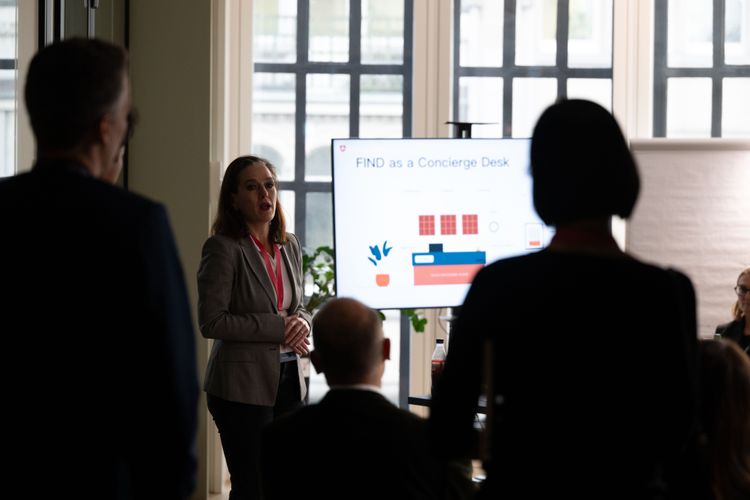
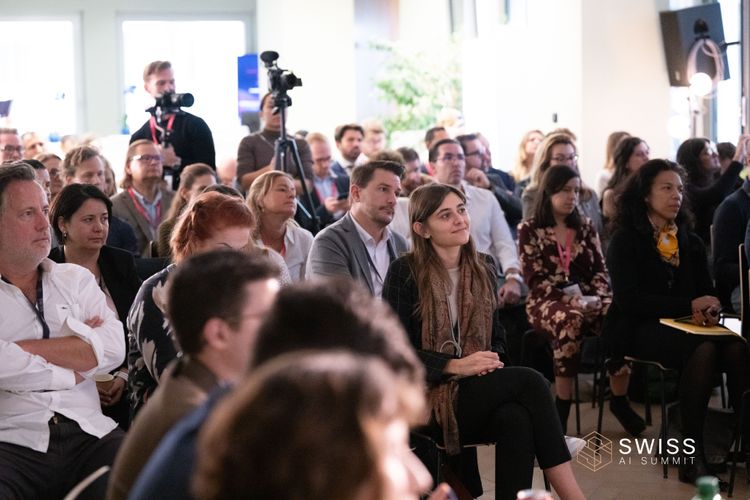
Global approaches and Switzerland’s hybrid model
At the global level, Pathway 2035 outlines three dominant approaches to AI. The United States promotes a market-driven model that favours speed and entrepreneurship with lim-ited regulatory barriers. China takes a state-coordinated route, aligning AI development with national priorities and exercising strict oversight. The European Union is building a rights-based framework, rooted in ethics, risk classification and accountability.
These differing philosophies carry real consequences, influencing how data is governed, how innovation is financed, and how trust is cultivated. Pathway 2035 stresses the importance of understanding these models in depth and calls for greater international alignment to prevent regulatory fragmentation and ensure secure, interoperable systems.
Switzerland is carving out its own path. In February 2025, the Federal Council confirmed its intention to ratify the Council of Europe’s Convention on Artificial Intelligence and to inte-grate it into national law. The ratification then took place in March 2025. Rather than apply-ing a blanket approach, Switzerland will pursue targeted legislative amendments in key sec-tors such as healthcare and mobility, alongside cross-sectoral provisions on data protection, transparency and non-discrimination. This legal framework will be complemented by non-binding tools – including self-regulatory codes and industry standards – allowing for a flexi-ble yet robust governance model.
This dual-track approach reflects Switzerland’s ambition to remain a global leader in innova-tion while reinforcing its commitment to human rights and public trust. It offers a strategic blend of legal certainty and adaptive implementation.
Switzerland as a driver of AI-powered financial innovation
Pathway 2035 also highlights Switzerland’s distinctive assets. Studies estimate that full-scale adoption of AI across sectors could add up to CHF 85 billion – or 11% – to national GDP over the coming years. AI is not only a driver of productivity and profitability, but also a lever to address structural challenges such as labour shortages, climate transition and research competitiveness.
Switzerland’s academic and technological infrastructure is world-class. Institutions like ETH Zurich and the Swiss National Supercomputing Centre provide the backbone for cutting-edge research. The recent arrival of global AI players such as OpenAI and Anthropic in Zurich only strengthens this positioning. To maintain its edge, however, Switzerland must continue in-vesting in AI infrastructure – including computing power and the development of locally hosted large language models – as part of a broader strategy for digital sovereignty.
Switzerland is also expanding its global influence through AI diplomacy. The International Computation and AI Network (ICAIN), supported by the Federal Department of Foreign Af-fairs, connects AI capabilities with sustainable development research across Europe and Af-rica. With access to two of the world’s most powerful supercomputers and a growing inter-national network, ICAIN embodies how Switzerland merges technical expertise with multi-lateral engagement.
From vision to action
As AI embeds itself into the architecture of the global financial system, Pathway 2035 serves as both a compass and a call to action. It reminds us that the future of finance will not be determined by technology alone, but by the frameworks, choices and values we establish today. Aligning innovation with purpose, inclusion and trust is not just a strategic imperative – it is the condition for a truly resilient and forward-looking financial ecosystem.
Share via:
Read more
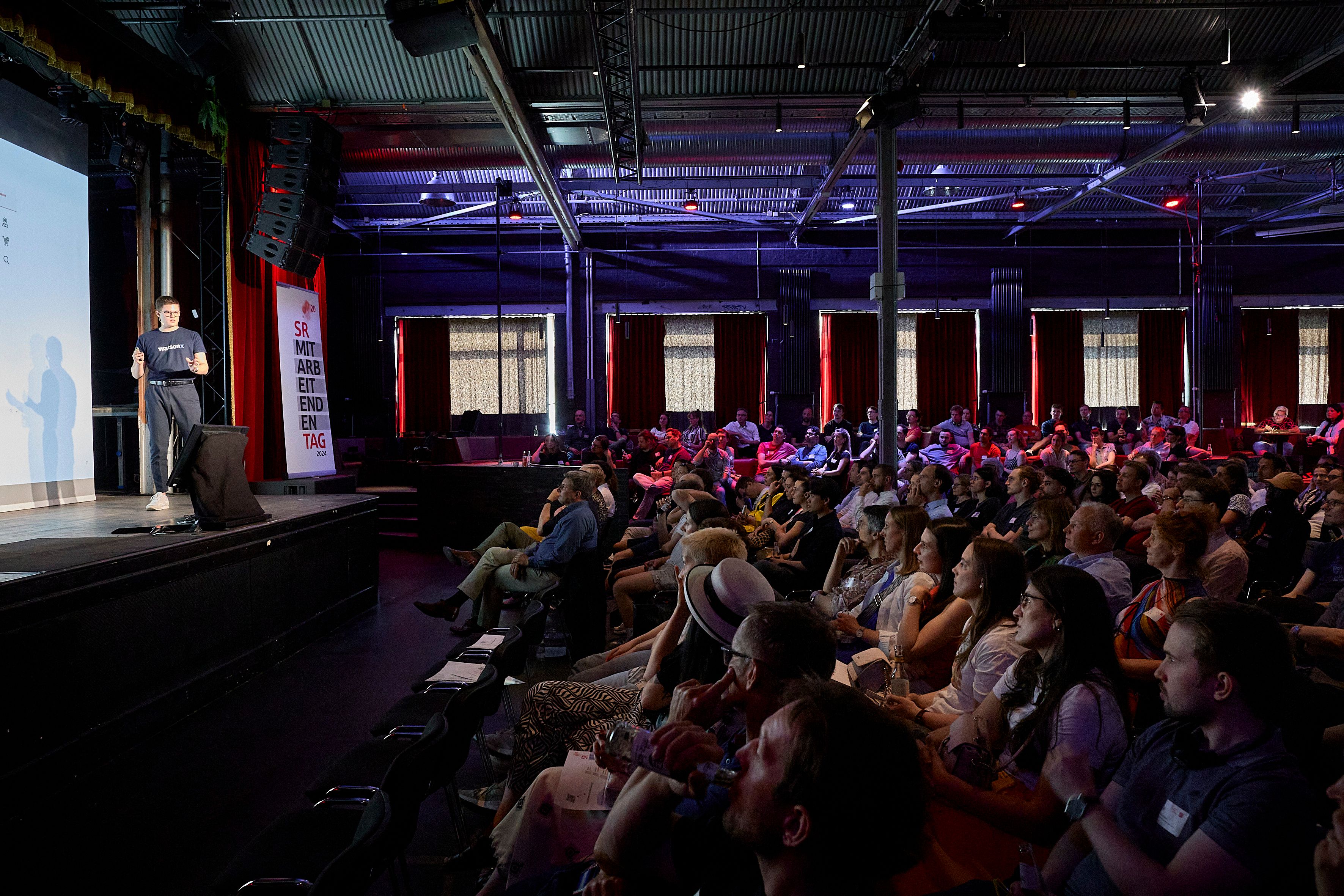
September 10, 2025
THE FIVE TRUTHS OF AI: 2025 PERSPECTIVE
Let's explore the evolved "5 Truths of AI" that have emerged in 2025.

September 9, 2025
Unlocking Generative AI in Finance
Solving Complex Data Challenges for Central Banks and Government Authorities
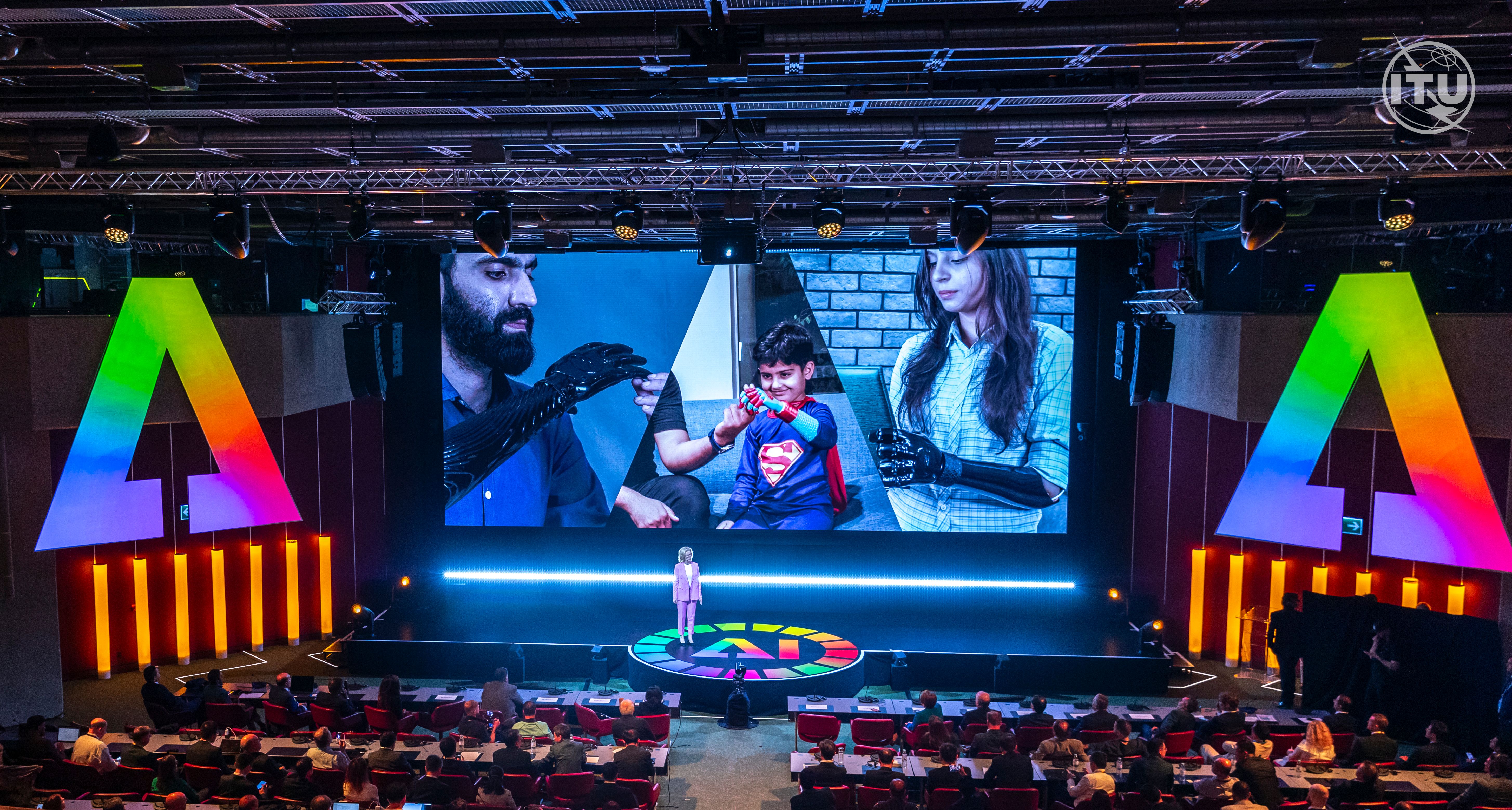
September 9, 2025
Shaping the Future
AI for Good Global Summit 2025 as the UN’s Premier Forum for AI Innovation

Share via: